
As a result of COVID-19, the implementation of internet interventions has been given a boost in the mental health sectors of several countries all over the world. Digital technology holds promise for improving access to, and quality of, mental health care. This is especially the case for low- and middle-income countries, societies affected by emergencies and conflicts, and vulnerable groups. However, these technologies face significant challenges, that need to be considered, especially in terms of user engagement and adoption. And despite a growing number of digital or e-mental health services, methodological guidelines for practical implementation are scarce.
Here you find an overview of the current state of research on different formats, treatment contents, target groups and contexts of internet interventions and you are provided with evidence on the efficacy and effectiveness of digital interventions. This overview aims to support you in your decision-making process concerning digital MHPSS by offering core insights into the key benefits of digital MHPSS at the different levels of the MHPSS Pyramid alongside the barriers, limitations, and risks.
Here you are provided with comprehensive guidance on the effective implementation and integration of digital mental health and psychosocial support (MHPSS) services across various contexts to support decision-makers and practitioners in enhancing digital MHPSS delivery.
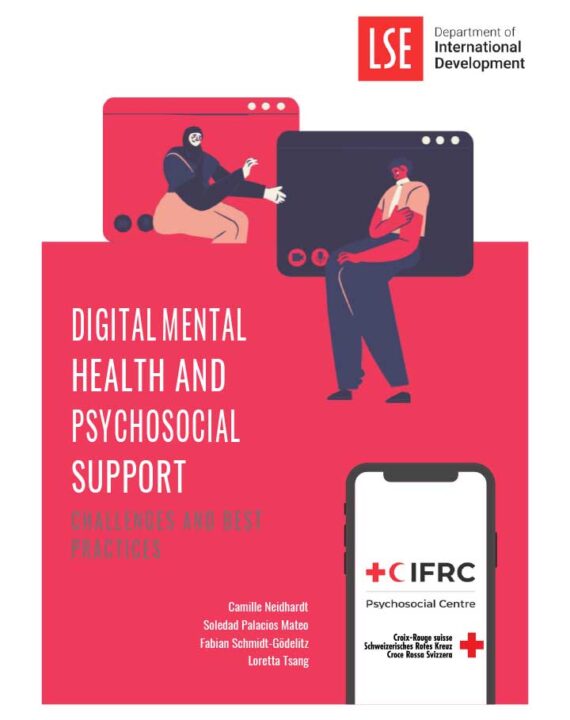
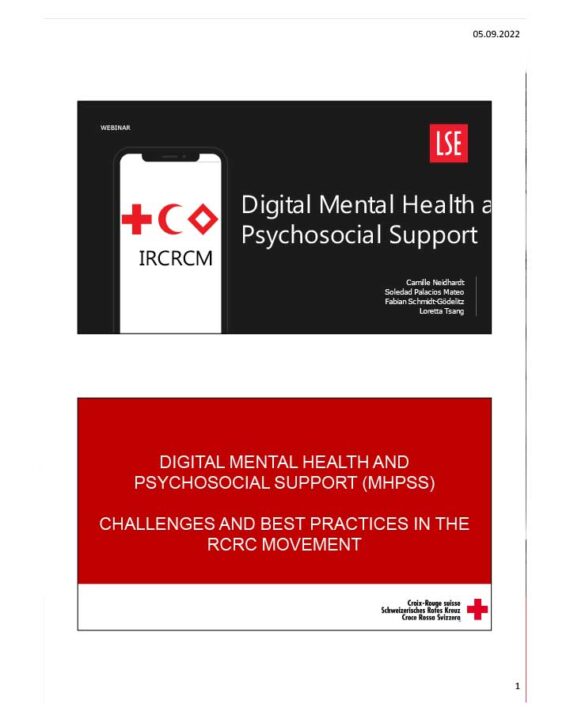
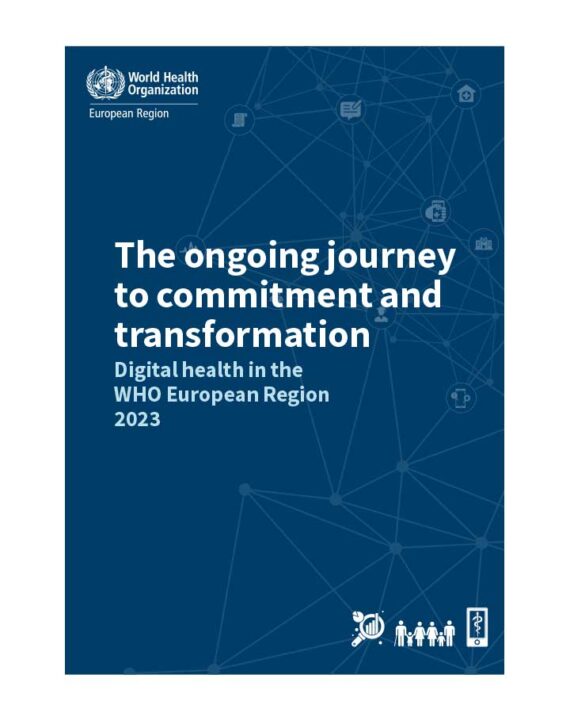
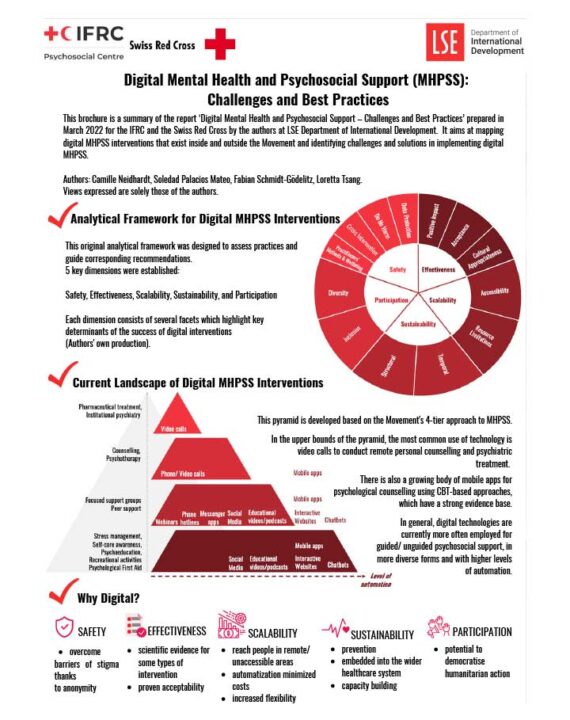
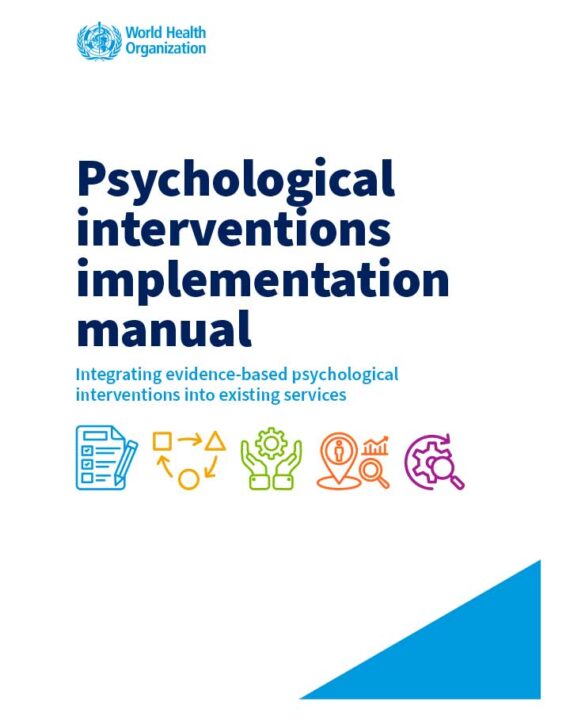
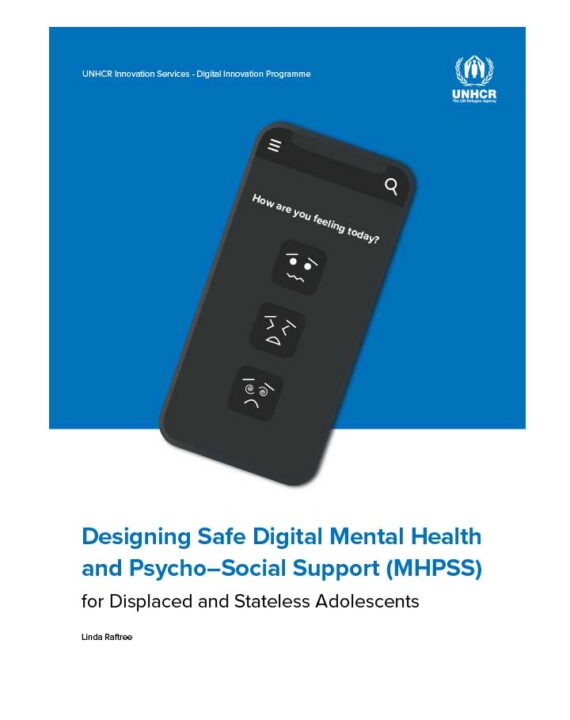
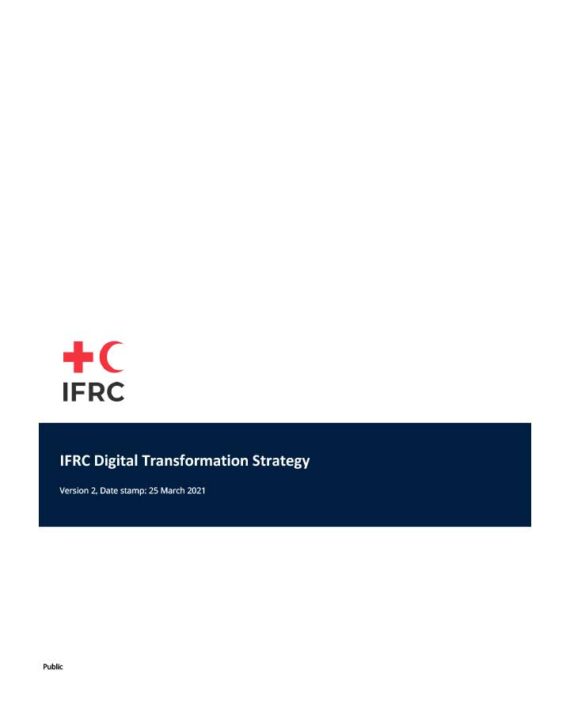
Here you are provided with a general overview of the current state of digital mental health services, emphasizing the need for clearer guidelines and evidence-based practices for both research and practical implementation.
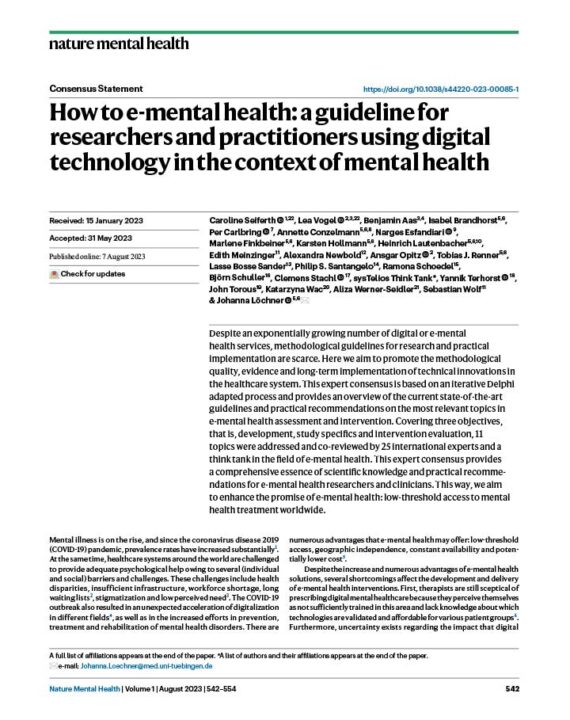
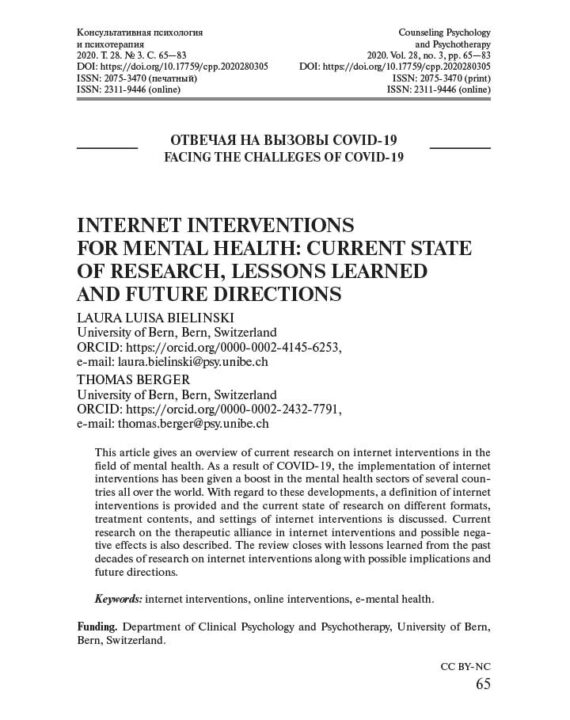
With these articles you can explore various digital formats for delivering mental health and psychosocial support (MHPSS), emphasizing the potential and challenges of diverse approaches.
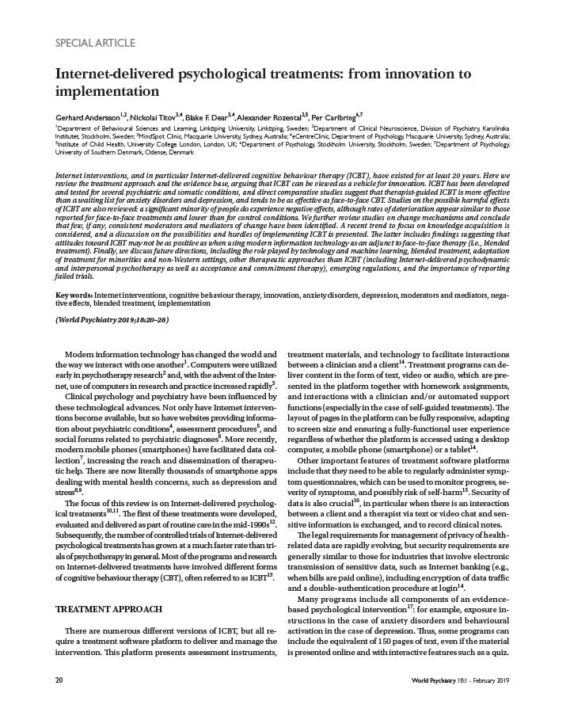
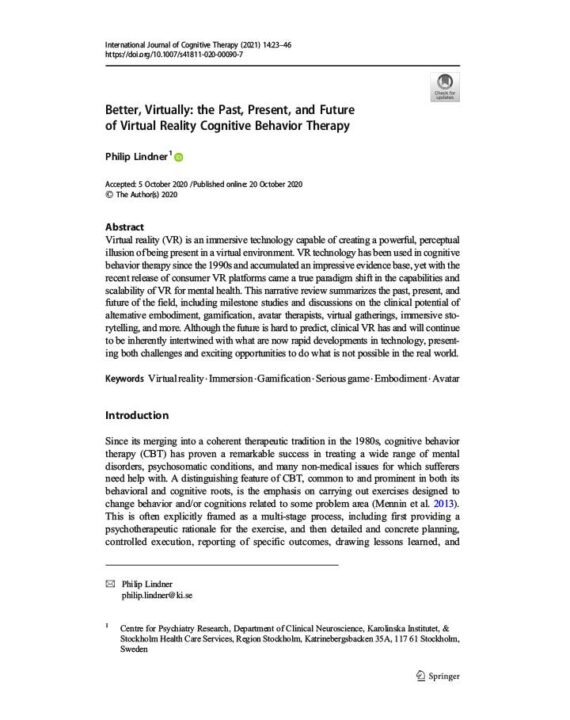
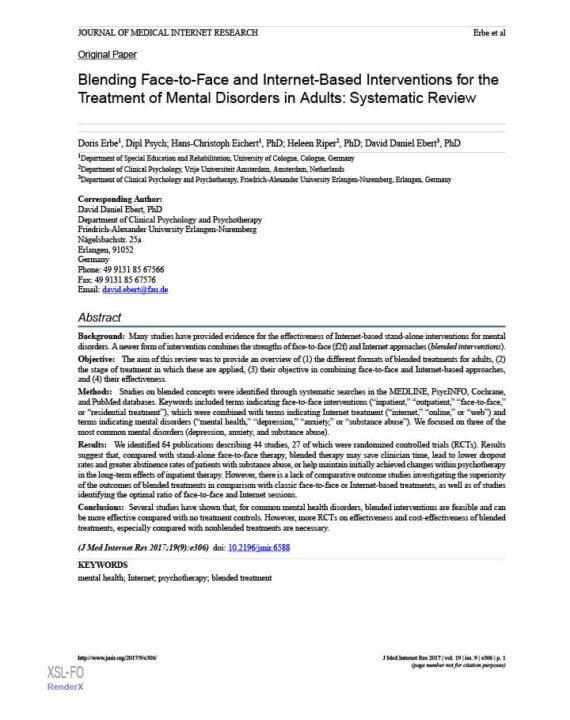
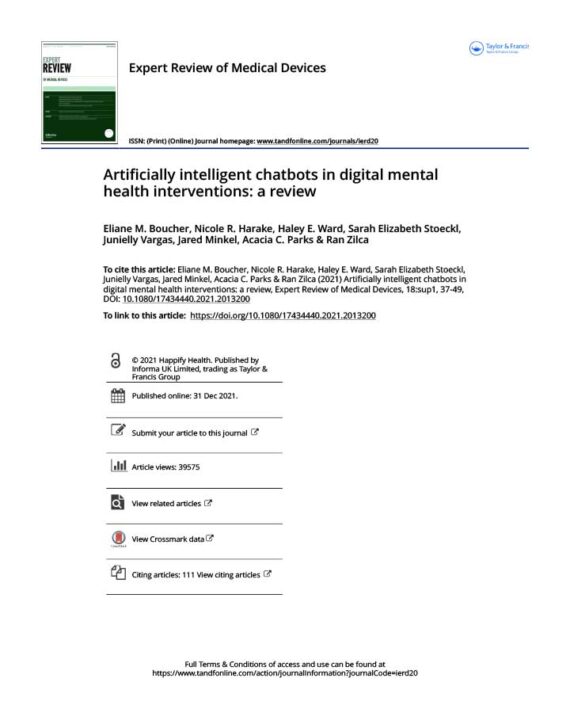
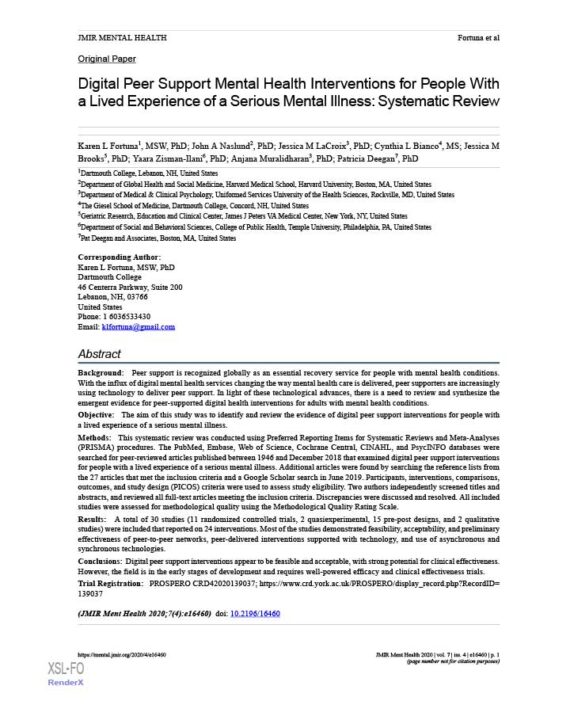
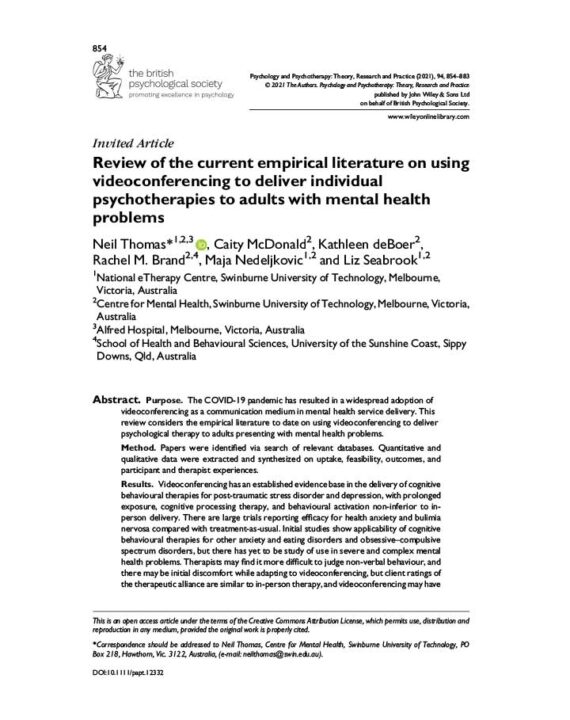
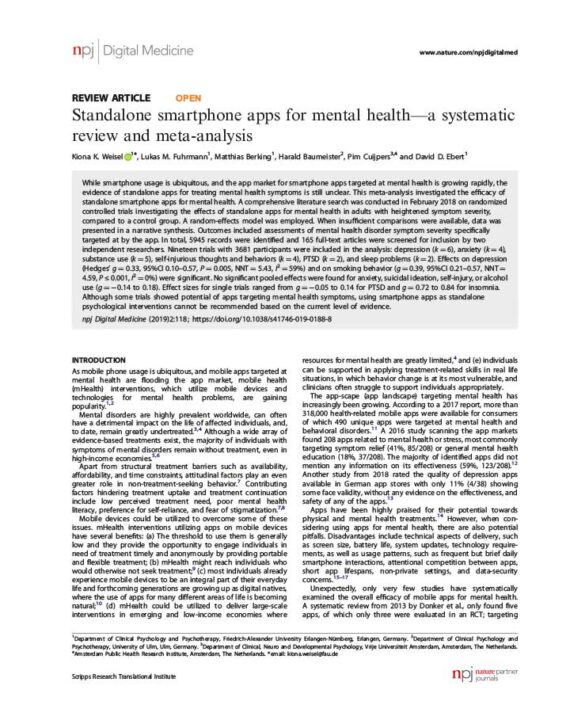
Here you can learn about the potential of digital MHPSS interventions in the area of symptom reduction, quality of life improvement, and treatment adherence in low-resource settings.
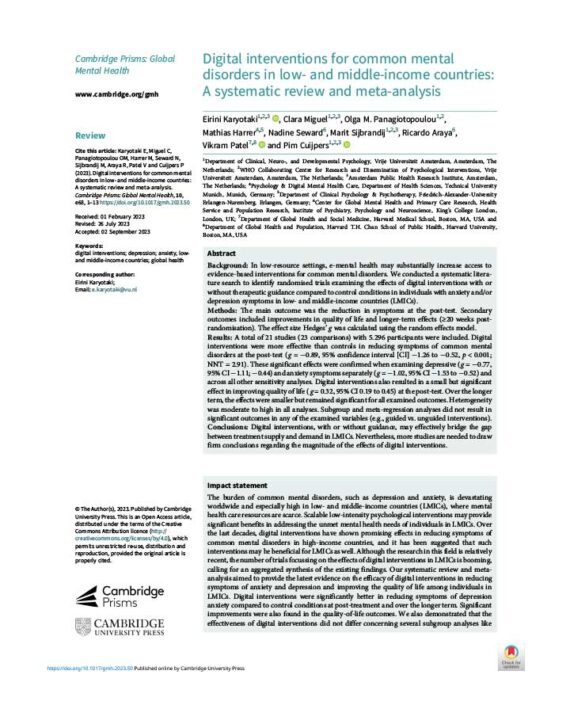
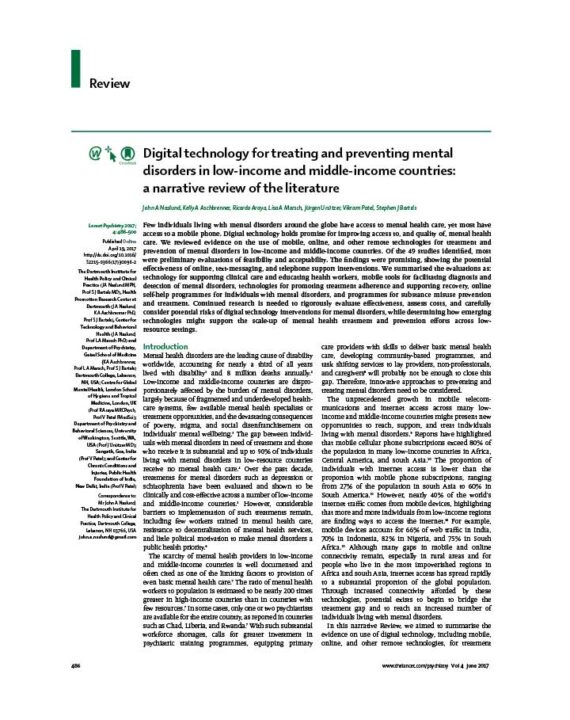
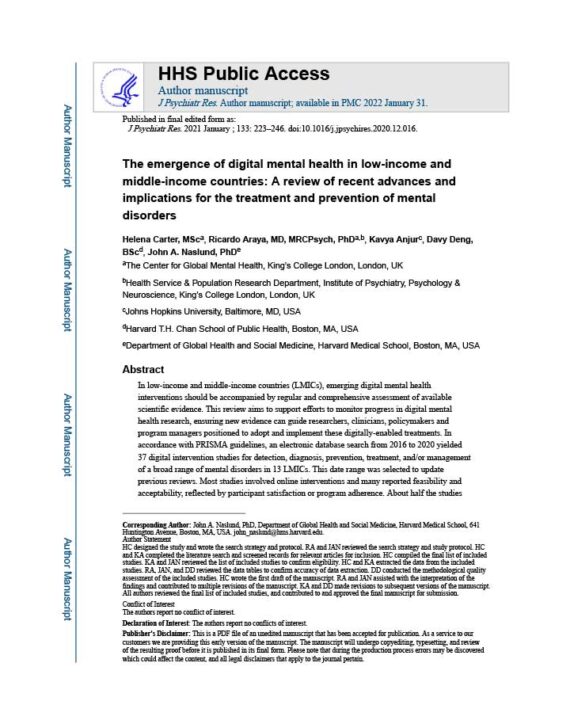
Here you are provided with an overview of effective, scalable digital solutions for managing a range of mental health conditions, including stress, PTSD, anxiety, and depression.
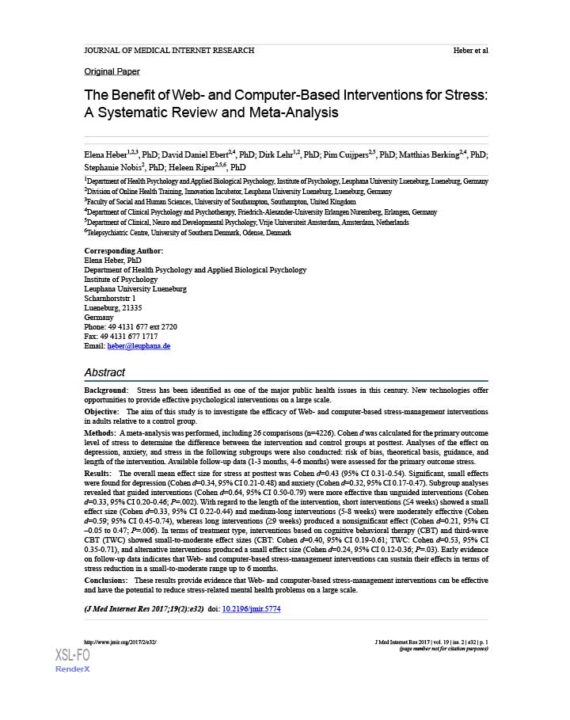
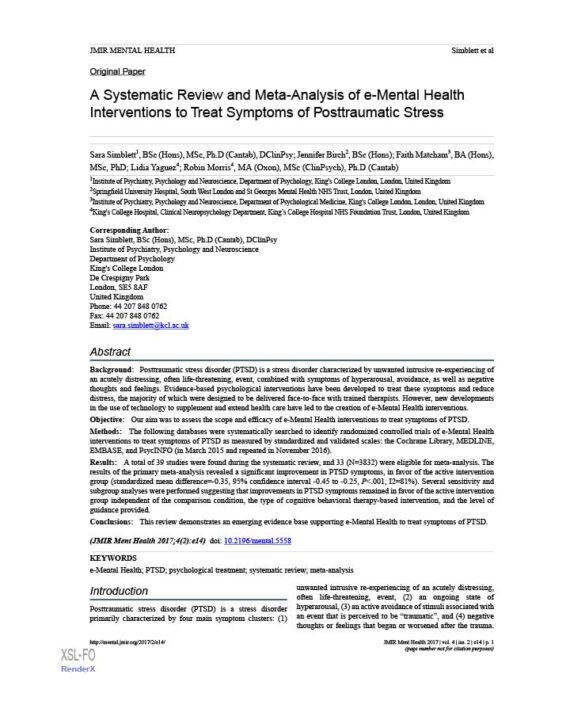
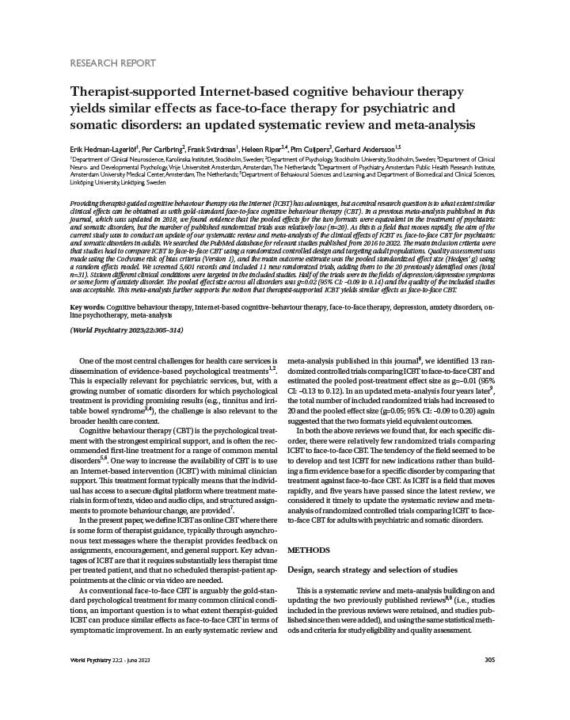
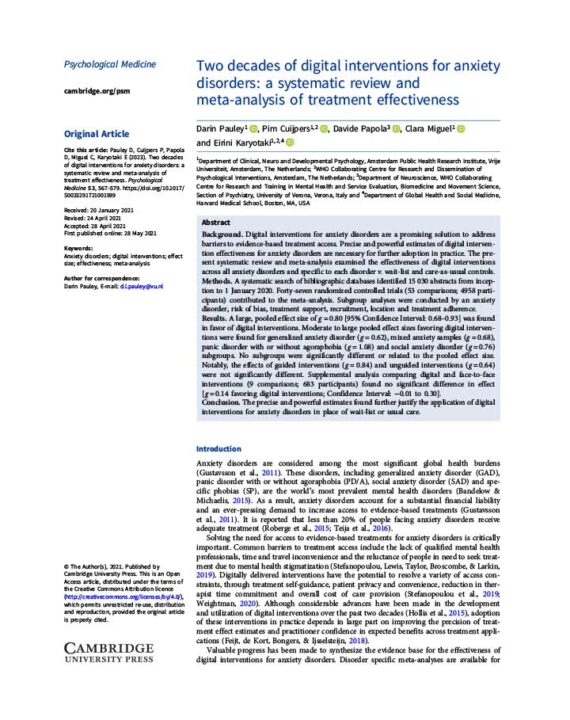
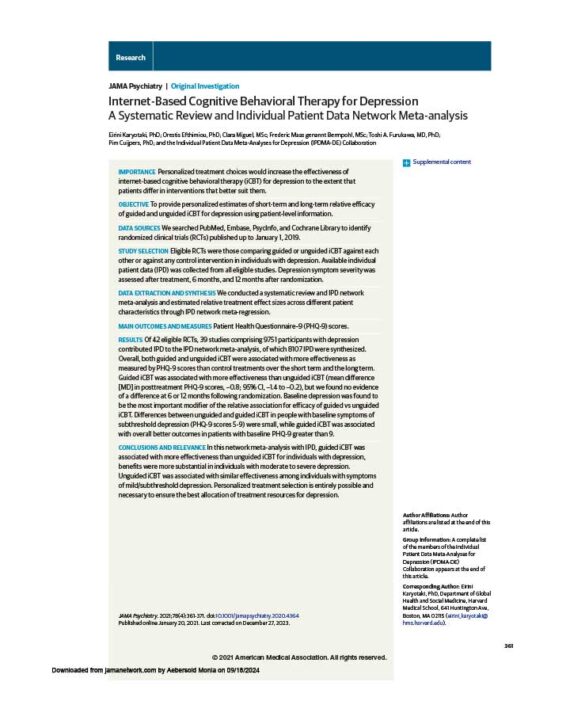
Here you can read about the promising results of digital MHPSS interventions in reducing mental health symptoms and improving well-being effectiveness across various target groups, including older adults, children, adolescents affected by war, and refugees, all emphasizing the need for tailored approaches and multi-stakeholder collaboration to ensure broader impact and sustainability across diverse populations.
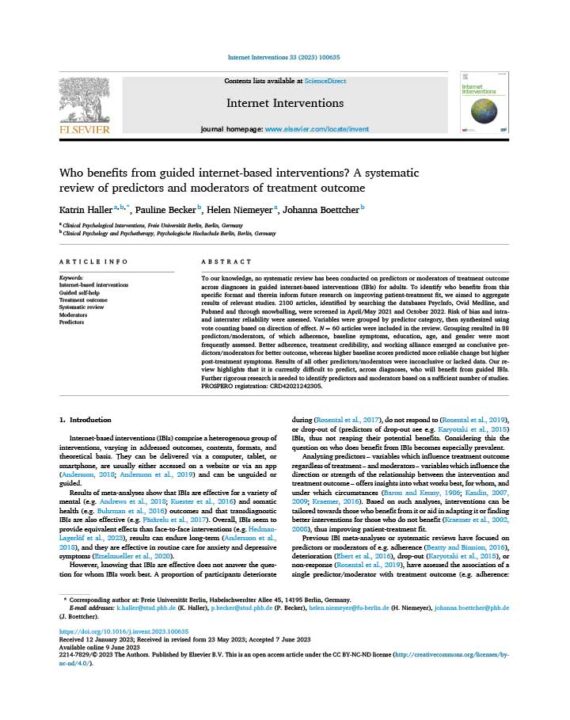
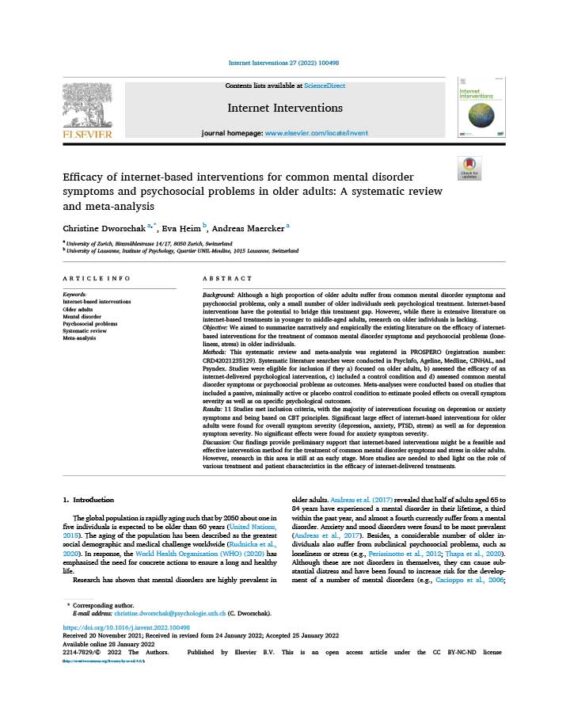
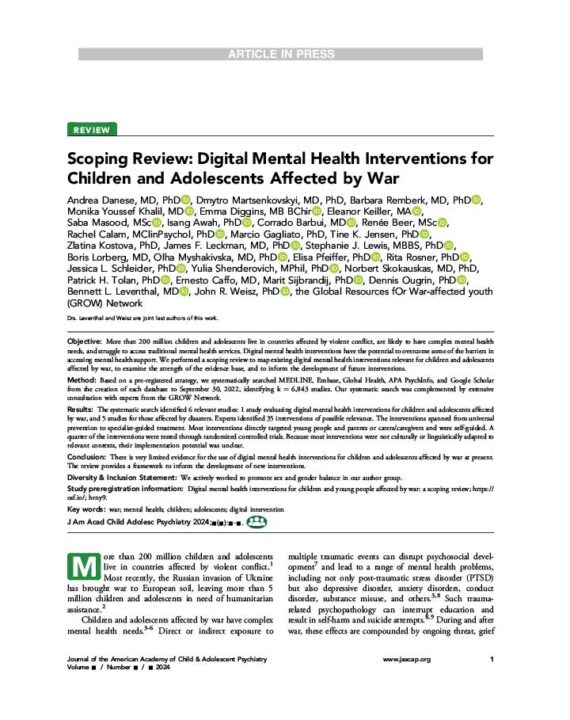
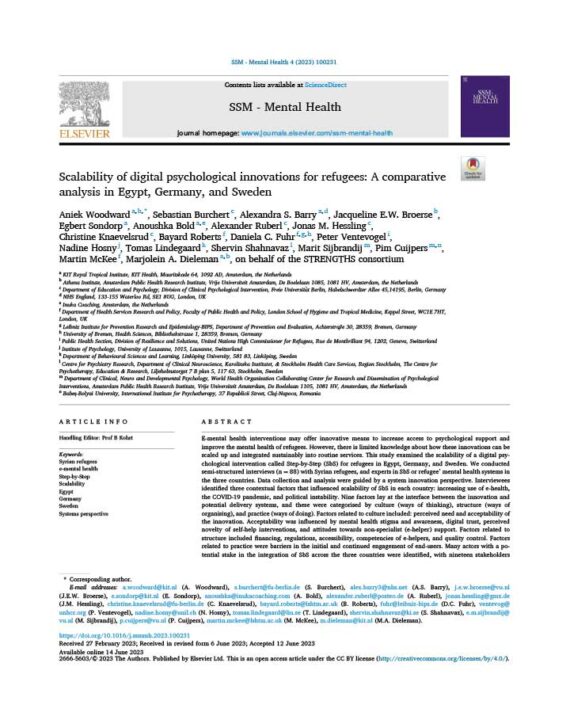
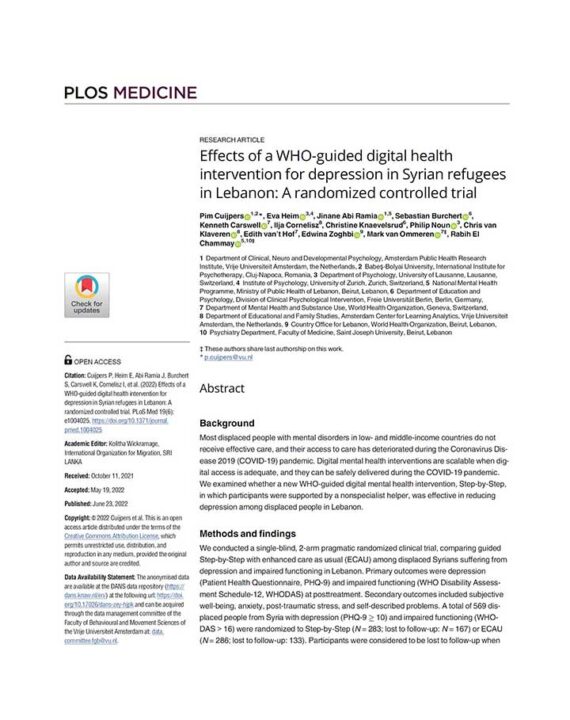
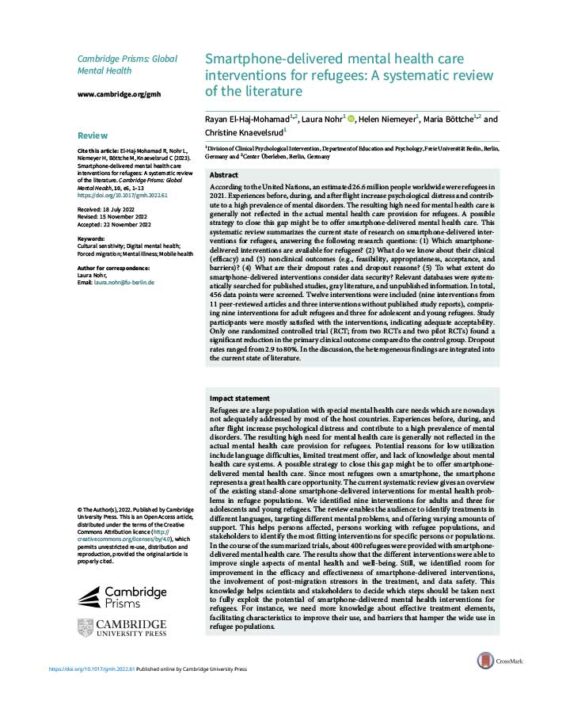
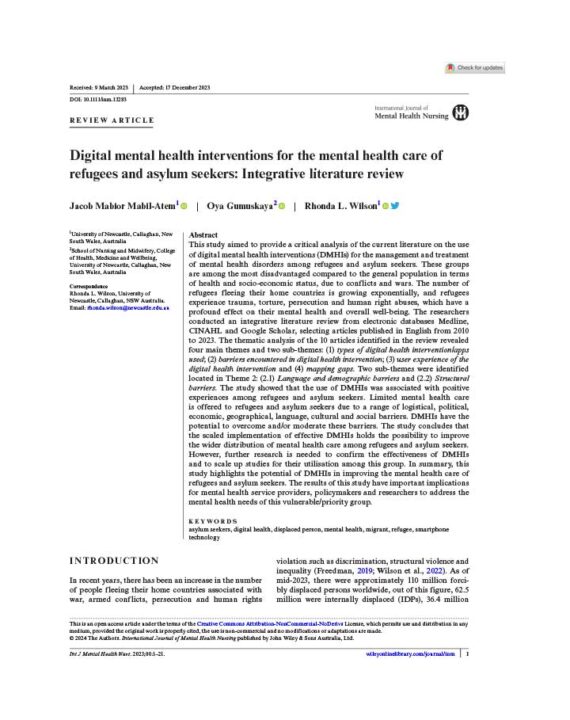
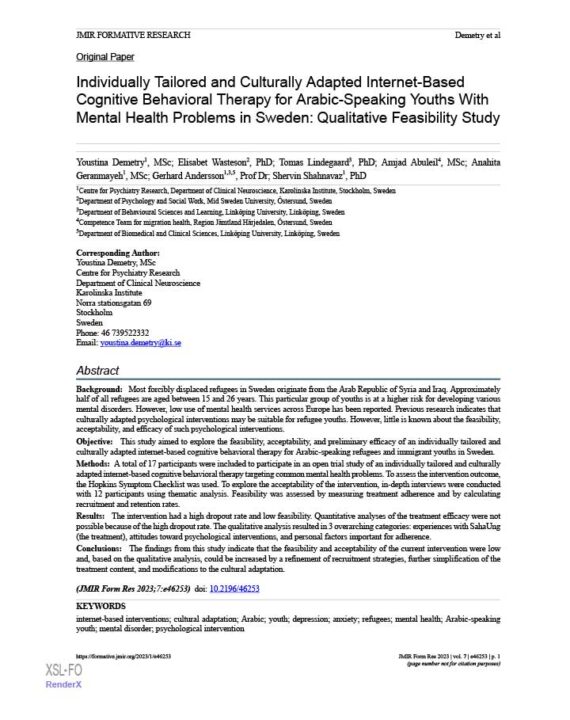
Discover here, why the consistent use of human-centered design methodologies, involving end-users and marginalized communities throughout the development process of digital MHPSS interventions, is essential to ensuring their effectiveness and cultural relevance.
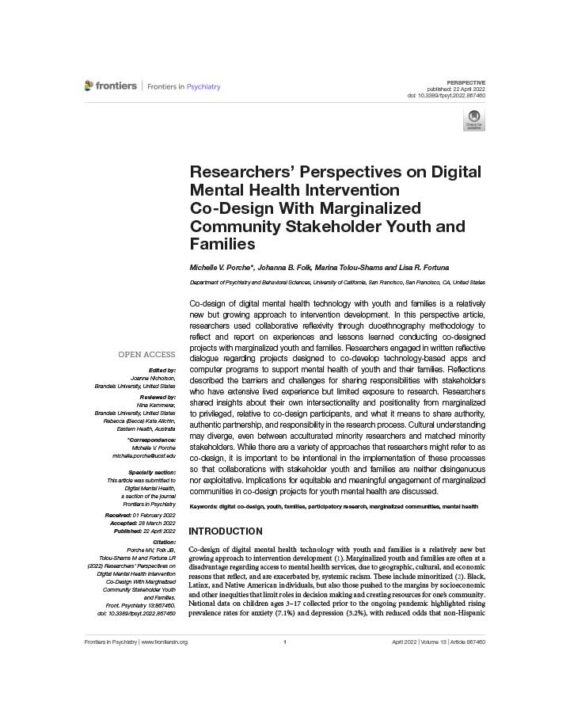
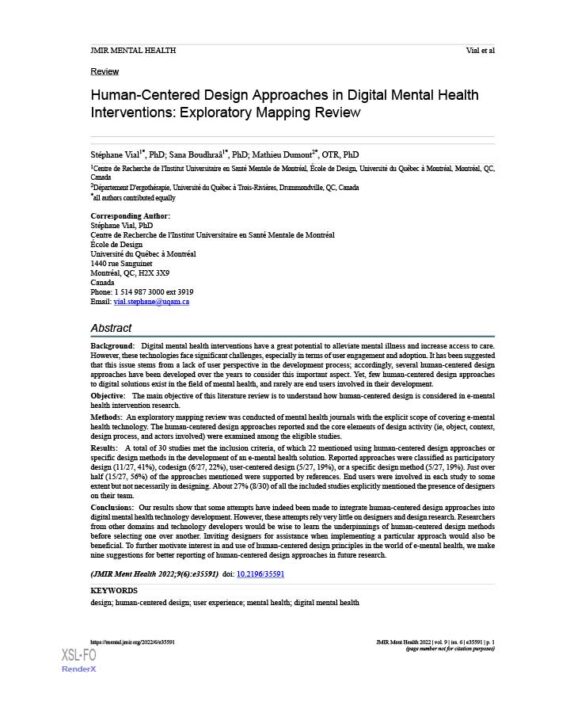
Each context is unique. Here you can learn about the importance of integrating cultural concepts and contextual understanding in the design, development, and evaluation processes of digital MHPSS interventions with the aim of improving the relevance, effectiveness, and accessibility of interventions for different populations.
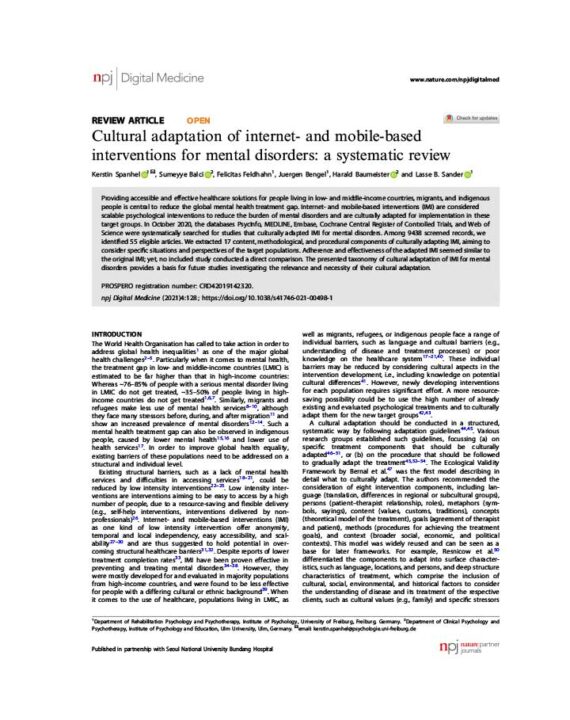
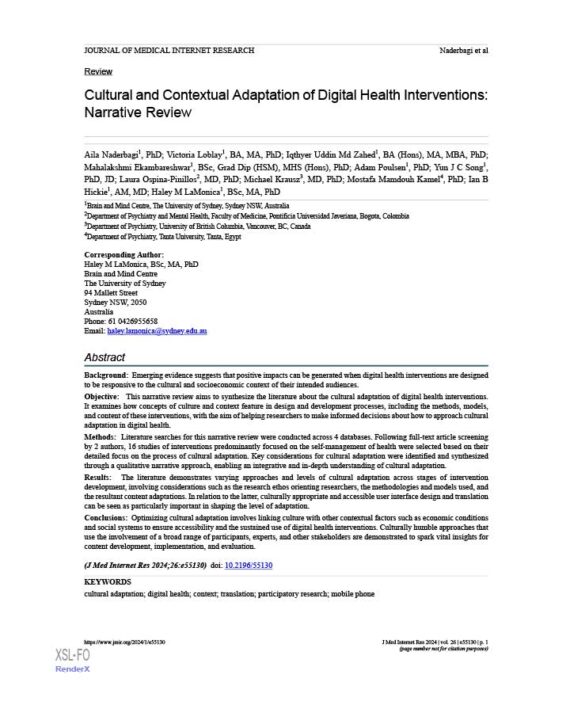
Stay connected with psychosocial support and the latest news and events
The Red Cross Red Crescent (RCRC) Movement MHPSS Hub (MHPSS Hub) is dedicated to advancing mental health and psychosocial support (MHPSS) throughout the RCRC Movement. Hosted by the Danish Red Cross, the Hub collaborates with National Societies, the International Committee of the Red Cross (ICRC), the International Federation of Red Cross and Red Crescent Societies (IFRC), as well as international humanitarian organizations and academic institutions. By uniting expertise from across the Movement and beyond, we help build stronger, more resilient communities better equipped to cope with crises and recover from adversity.
Red Cross Red Crescent Movement MHPSS Hub
Hejrevej 30, st.
2400 Copenhagen NV
Denmark
Site language:
